Exploring Futuristic Themes in Cyberpunk 2077
Oct-14-2024
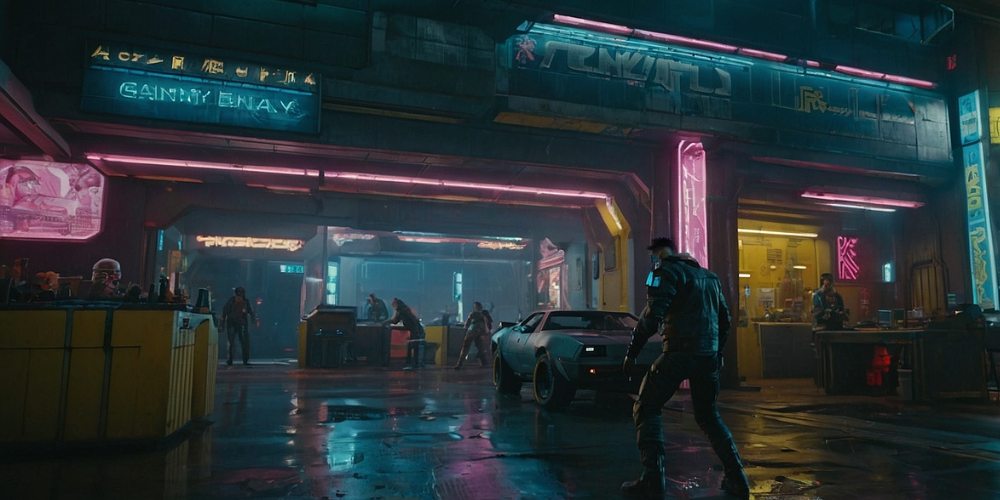
Stepping into the pulsating heart of Night City, I felt an electric rush that instantly captivated my senses. The towering skyscrapers reflecting the neon lights and the hum of cloaked hovercars filled the air with an almost tangible energy. Cyberpunk 2077 isn’t merely a video game for me; it’s a full immersion into a world where technology intertwines with daily life in profound and chaotic ways. As I delved deeper into the complexities of its narrative, I found myself exploring several futuristic themes that resonated with today’s societal landscape.
The Corporate Leviathan
One of the first things I encountered was the overwhelming presence of mega-corporations in Night City. They tower above the cities, both literally and figuratively, representing unchecked capitalism. I realized that these corporations weren’t just entities; they embodied the consumerist culture that has seeped into our lives. As I interacted with characters like Johnny Silverhand, the anti-corporate rebel, I began to question the ethical implications of corporate governance and our own complicity in it.
Augmentation and Identity
Walking around the streets, it became evident that body modifications were the norm. Cybernetic augmentations enhanced human capabilities, but they also blurred the line between human and machine. I often found myself reflecting on the philosophical question of identity. What does it mean to be human when your body could be a canvas for technology? The characters I met, from mercenaries to elite operatives, continuously challenged my understanding of self. They were both more and less than human, and it intrigued me to think about how my own identity would shift in such a world.
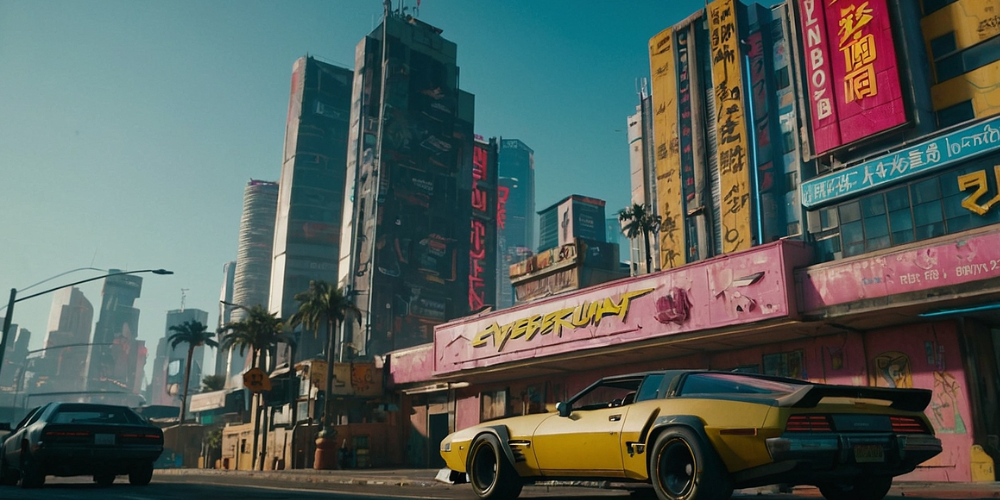
The Dichotomy of Technology
Amidst the advanced technology, I encountered both marvel and menace. On one end, there were incredible innovations that showcased the potential of human ingenuity, like drones and AI companions. Yet, lurking nearby were the darker aspects—hacks that maliciously stripped individuals of their privacy. It forced me to consider our real-world relationship with technology. Are we creators of our tools, or are we becoming subservient to them? The game masterfully illustrated this dichotomy, making me question the future path we were on as a society.
Socioeconomic Divide
As I roamed the city's various districts—from the glitzy heights of corporate skyscrapers to the downtrodden alleys of low-income neighborhoods—I could feel the stark contrasts in living conditions. The rich enjoyed luxurious lifestyles bolstered by corporate sponsorships, while the poor struggled to make ends meet, scavenging for scraps. This societal stratification mirrored real-life socio-economic divides, prompting me to think critically about wealth distribution and its effect on social stability.
Transhumanism and Evolution
Night City is a testament to transhumanist ideologies, where humans attempt to transcend their biological limitations. Whether I was witnessing characters unveil their latest augmentations or engaging with narratives steeped in the quest for immortality, issues of ethics and the nature of evolution became central to my experience. The allure of forever altered my perceptions of life and death, pushing me to confront the moral consequences of such advancements.
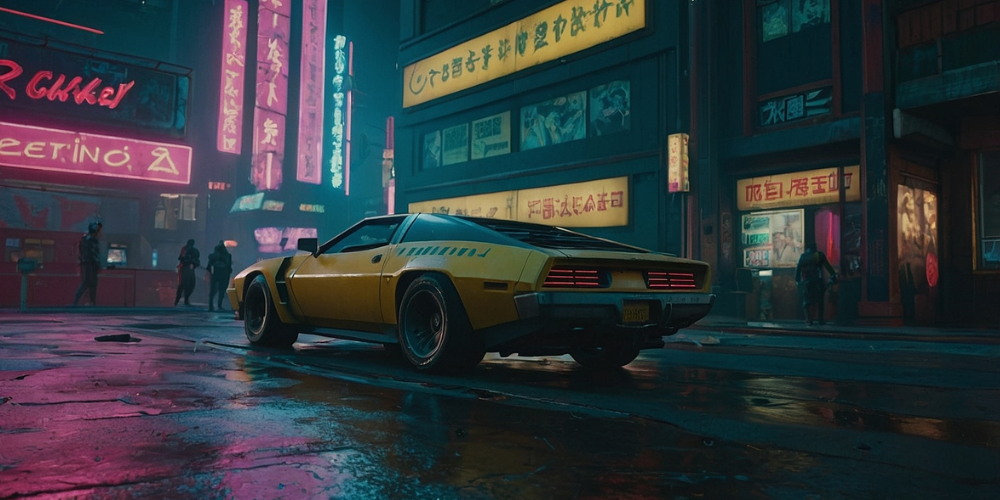
Cyberpsychosis: The Dark Side of Augmentation
Not all who embraced augmentations thrived; many descended into madness, succumbing to cyberpsychosis. This phenomenon captivated my thoughts, highlighting the psychological ramifications of a heavily enhanced existence. I pondered the fragility of the mind in a hyper-connected world, questioning whether we could maintain our sanity amidst the constant bombardment of information and technology. It was a grim reminder of our vulnerabilities and the consequences of losing touch with our humanity.
The Power of Choice
One of Cyberpunk 2077’s most striking features was the emphasis on choice. Every decision I made impacted the narrative and shaped my character’s path. It immersed me in the theme of agency versus determinism as I navigated the intricate web of alliances, betrayals, and moral dilemmas. Each choice resonated with the idea that our future is a malleable construct, making me reconsider the weight of my decisions in real life.
Virtual Reality: Escapism or Nightmare?
While engaging deeply with the game’s immersive virtual spaces, I encountered a world where people sought refuge in digital realms for escape. It made me ponder the allure of virtual reality and whether it serves as a healthy distraction or a symptom of societal collapse. As I explored these vividly crafted environments, feeling joy and exhilaration, I could not shake the feeling of underlying despair for those who lose themselves entirely, neglecting the authentic experiences of life.
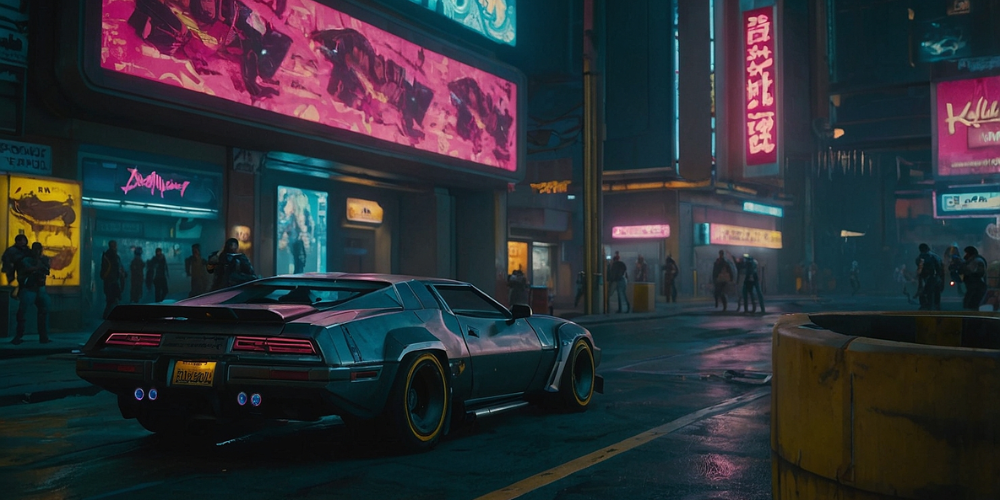
Feminism and Gender Dynamics
Night City also offered a lens into complexities surrounding gender and feminism. Characters varied widely in their expressions of identity, showcasing the continuing struggles against patriarchal structures even in futuristic societies. As I interacted with strong female characters, I found their narratives both empowering and nuanced, revealing how gender roles intertwine with personal agency amidst systemic oppression. It was brilliant to witness gender discussions morph into actions that defined their existence.
Environmental Decline
The environmental landscape of Night City served as a cautionary tale. Pollution was rampant, reflecting the consequences of unchecked industrialization. The stark contrast between technology and nature pushed me to think about real-world environmental issues. How far can humanity push technological boundaries before facing irreparable damage to our planet? The game's visuals of wilted landscapes and toxic atmosphere were haunting reminders of our pressing ecological challenges.
Artificial Intelligence: Allies or Adversaries?
In my adventures, I encountered AI capabilities that both assisted and challenged my journey. I often found myself scrutinizing the relationships between humans and machines, contemplating their potential as partners in advancement or threats to our autonomy. I wrestled with the dilemma of trusting an intelligence that could outthink and outmaneuver me. This constantly evolving dynamic posed questions about control, trust, and collaboration in our own world of burgeoning AI technologies.
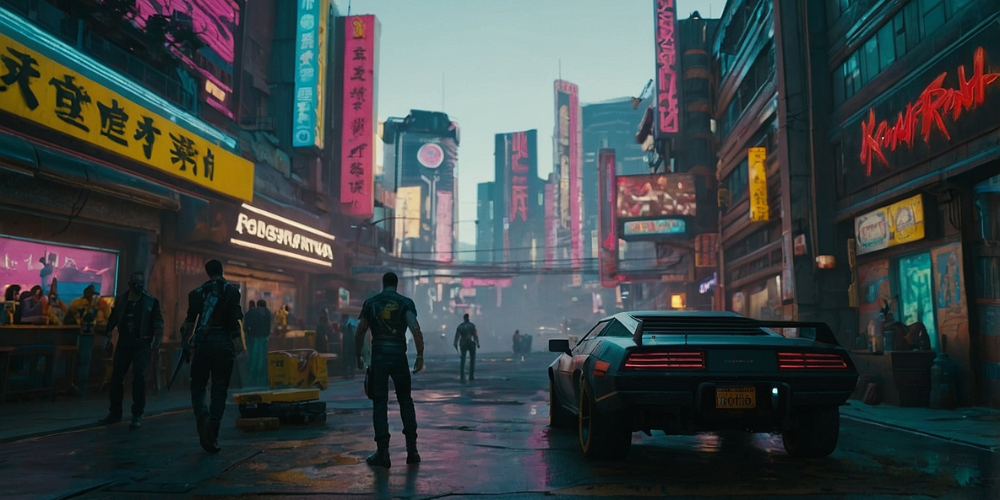
Social Exile and Belonging
As I explored various factions within Night City, the themes of belonging and exile resonated deeply. Many characters experience profound isolation while desperate for connection and purpose. I was drawn into their struggles, grappling with universal human themes of acceptance and alienation. The difficult truths surrounding social exclusion highlight the critical role of community and the negative outcomes of ignoring the fundamental human need to feel connected.
The Role of Media in Shaping Reality
The pervasive media landscape in Cyberpunk 2077 illustrated the power of information manipulation. I witnessed how media could be both a tool for change and an instrument of control. The saturation of propaganda and sensationalism begged the question of how our perception of truth could be altered. It challenged me to think critically about the narratives presented in our day-to-day lives and the degree to which they shape our beliefs and actions.
Legacy and Memory: The Human Experience
Lastly, the themes of legacy and memory permeated the narrative. Through the exploration of characters' pasts and their relationships, I encountered the profound impact of memories in shaping identities and choices. As I navigated the intertwining stories, I couldn't help but consider my own legacy and what it means to be remembered. The weight of history loomed large, challenging me to reflect on how our memories inform our actions and influence those who come after us.







